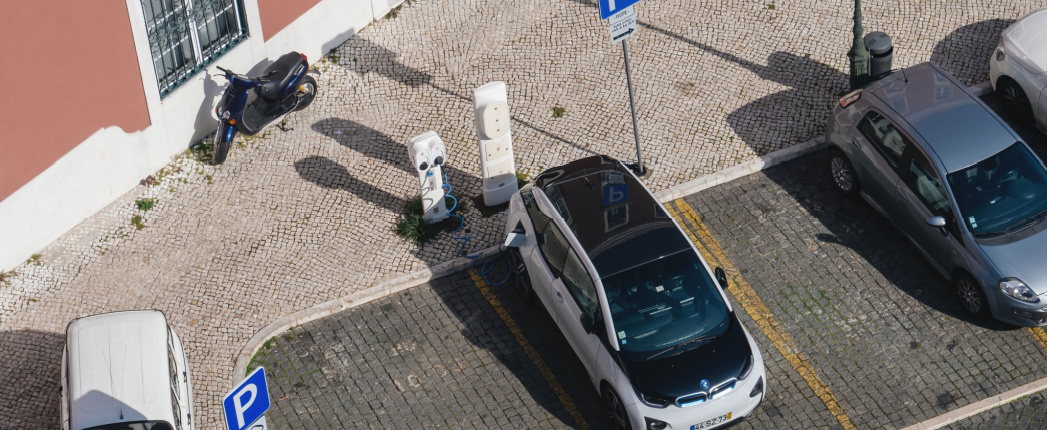
The European Automobile Manufacturers’ Association warned European Union policymakers that the bloc lacks a sufficient electric vehicle charging network and that most chargers are too slow. ACEA issued the warning a week ahead of the European Parliament’s vote on the Alternative Fuel Infrastructure Regulation.
In a press release, ACEA called this a “double problem” and said it “risks stalling market uptake of electric cars.”
The association also found that six EU countries do not have a charging point per 100 kilometers of road. Seventeen countries have fewer than five charging points per 100 km. Just five having more than 10 chargers for every 100 km of streets.
“There is also a huge gulf between the countries with the most chargers per 100 km of road and those with the least,” ACEA said in an October press release.
The Netherlands has one charger for every 1.5 km of road. Poland, which is eight times larger, has one charger every 150 km. Some EU members states, such as Greece, Lithuania or Cyprus, have one charger per 200 km.
The association also found that the charging speed is a major issue.
ACEA points out that fast chargers with capacity of more than 22 kilowatts make up a fraction of all chargers. Just one in seven of all charging points in the bloc is fast. All the rest, including low-capacity power sockets do not charge vehicles at an acceptable speed, ACEA said.
To meet carbon emissions targets, sales of electric cars will need to pick up substantially in all EU countries.
“If we want to convince citizens all over Europe to switch to e-mobility in the coming decade, charging these cars should be as easy as refueling is today,” said ACEA general director Sigrid de Vries. “People should not have to travel for miles to find a charger, nor should they have to wait ages to charge their vehicle.”
ACEA fully endorsed the report by the Alternative Fuel Infrastructure Regulation rapporteur Ismail Ertug on deployment of infrastructure for alternative fuels in the EU. The Europena Parliament released the report in October 2018. The report’s explanatory statements say that 94% of Europe’s transport sector depends on oil, 90% of which is imported. Some of these imports emanate from politically unstable countries.
“The transport is the only major economic sector in the EU where greenhouse gas emissions have increased since 1990. It is responsible for 23% of CO2-emissions, and this share is still growing. Road transport represents almost 75% of all energy used in transport and causes almost 73% of transport’s GHG emissions.”
“We are calling on MEPs to vote for decisive action on charging infrastructure next week, setting ambitious infrastructure targets – with clear enforcement mechanisms – for each member state,” urged de Vries.

Sorry, a technical error occurred and we were unable to log you into your account. We have emailed the problem to our team, and they are looking into the matter. You can reach us at lubesngreases@omeda.com.
Click here link to homepage